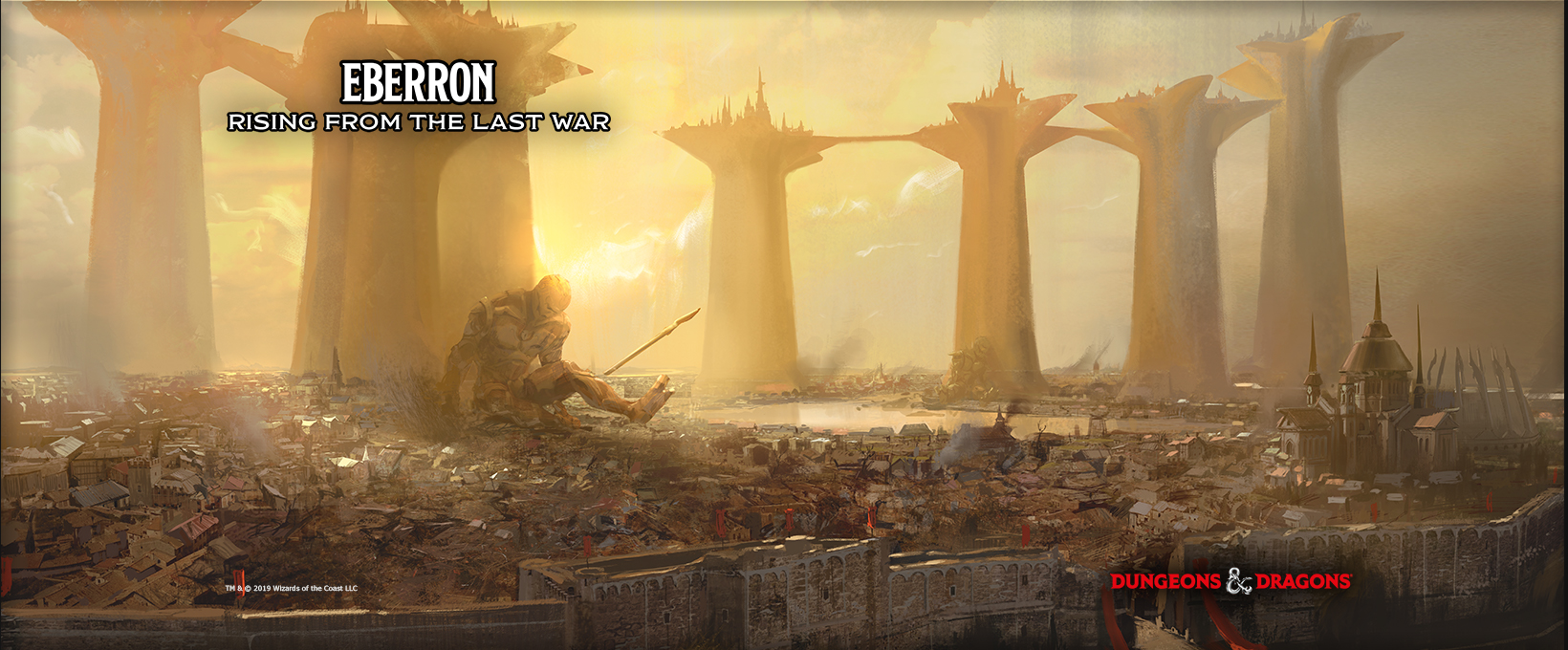House Rules
Character Creation
Everyone starts with a Feat at 1st level. When creating your stat array, you can choose to move your racial attribute bonuses around. You get the same number of points as your race would otherwise get, but you cannot place more than 2 points into a single stat.Critical Hits
A crit is Max Damage + Extra dice, rather than just extra diceHealth Rolls
When you roll hit dice at level up, if you roll below the average for your die size, take the average.Heavy Weapons and Small Races
Small races don't suffer any penalty from using Heavy weapons.Heroic Inspiration
You can have a single inspiration point at any time. You can use inspiration normally, expending it before making an ability check, attack roll, or saving throw to grant yourself advantage on that roll. Alternatively, you can spend inspiration to achieve one of the following heroic moments:- Turning the d20 roll for an ability check into a 20.
- Turn a missed attack into a hit.
- Turn a failed saving throw into a success.
- Take the Dash action without using your action, once on your turn.
- Take the Disengage action without using your action.
Injuries
When you fall to 0 hit points, you've taken significant damage and gain an open, lingering wound somewhere on your body, dependent on the attack or damage source that dropped you to 0. Instead of falling unconscious, you gain a level of exhaustion. This exhaustion is permanent for as long as your wound is untreated. Wounds can be treated via a DC 12 Medicine check, or magical healing of 3rd level or greater. Once a wound has been treated, the exhaustion can be removed via normal means. When a character is at 0 hit points and at risk of injury, any creature that hits them with an attack can choose to knock them unconscious rather than dealing damage. There are no death saves, and the character remains unconscious until they recover at least 1 hit point, or 1d4 hours later. You can only attempt to treat each wound once per day.Mounts
When a player acquires a mount, they can form a special bond with the animal that allows them to summon it to their side. When you finish a long rest, you can summon your bonded mount to you. If it dies, or you dismiss it, it returns to the Stable in the player base and can't be summoned again until you next finish a long rest.Non-Lethal Damage
The adventurers are professional and can control themselves. Killing is a deliberate choice, and you can always declare any damage you deal as being non-lethal, in which case it won't kill a creature that is dropped to 0 hp. The DM retains the right to still have NPC's die where it would be narratively interesting. Spells and effects that specify they kill a creature still do so, as does gaining six levels of exhaustion.Potions
You can drink a potion as a bonus action.Two-Handed Arcane Focii
In Eberron, an arcane focus is a weapon. As such, it can be interesting to give a focus some of the same trade-offs as mundane weapon: do you sacrifice your free hand for greater power? When a caster uses a two-handed arcane focus to cast an offensive cantrip (a cantrip requiring a saving throw or attack roll), the range of the cantrip is increased by 50 percent. By this rule, a staff always requires two hands, while rods can be used with either one or two hands. Using a two-handed arcane focus fulfils the somatic component requirement for a spell.Class Changes
Warlock
Pact of the Blade
When you attack with your pact weapon, you can use your Charisma modifier, instead of Strength or Dexterity, for the attack and damage rolls.Remove these ads. Join the Worldbuilders Guild








